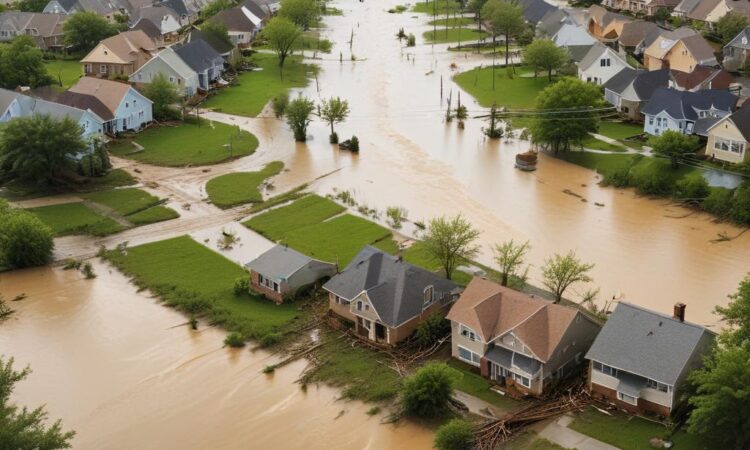What are my rights if home and travel are hit by storms? Your rights explained as residents and businesses count the cost of storm damage.
Okay, so Mother Nature decided to throw a hissy fit, and now your home or your travel plans are toast. Seriously, that stinks. But before you start hyperventilating into a paper bag (which, let’s be honest, we’ve all considered), let’s talk about your rights. Because knowing your rights is the first step to getting some kind of compensation for the soggy mess you’re currently dealing with.
Home Sweet Home… (Or Not So Sweet)
If your house took a direct hit from a tornado, a hurricane, or even a really aggressive thunderstorm, you’ve got options. First things first: safety. Make sure you and your family are okay. Get to higher ground if necessary, and contact emergency services if needed. Then, once you’re safe, start documenting the damage.
Take lots of pictures! Videos are even better. Show the damage to your roof, walls, windows, everything. The more evidence you have, the better. You’ll want to contact your homeowner’s insurance company ASAP. They’ll have their own process for filing a claim, so follow their instructions carefully. Don’t just assume they’ll cover everything; you might need to be persistent.
If you’re a renter, things are a little different. Your landlord has a responsibility to maintain the property in a habitable condition. If the storm damage makes your apartment unlivable, they might have to pay for temporary housing or repairs. Your renter’s insurance will also be your best friend here. Read the fine print of your policy before you call them!
Remember, contacting your insurance company quickly is key. Delays can impact your claim. Be prepared to provide detailed information about the damage and any steps you’ve already taken to mitigate it.
Travel Troubles: When Flights Get Cancelled
Storms can really mess with travel plans. If your flight gets canceled due to weather, you’re not totally out of luck. Airlines generally have to offer you several options, depending on the circumstances. This often includes a full refund, rebooking on the next available flight, or even accommodation if you’re stranded overnight.
Keep all your documentation – your flight ticket, your itinerary, any communication with the airline. If you paid extra for things like checked baggage or seat selection, you should be able to get a refund for those too. If the airline offers you a voucher instead of a refund, understand your rights, and don’t hesitate to ask for a refund directly.
What if your car rental is affected? Most car rental companies have policies in place for extreme weather events. They may waive fees or offer alternative arrangements. Check their terms and conditions or contact them directly.
Beyond Insurance: Government Assistance
In the aftermath of a major storm, the government might offer various forms of assistance, like low-interest loans for repairs or grants to help with recovery. These programs often have eligibility requirements, so check with your local or federal government agencies to see what’s available.
Don’t be afraid to ask for help! There are often charities and non-profit organizations that provide support to storm victims, too. They might offer temporary housing, food, or other essential resources.
Businesses: Protecting Your Bottom Line
If you own a business, storm damage can be devastating. You’ll likely need to file an insurance claim, but also consider things like business interruption insurance, which might cover lost revenue during repairs. Make sure to keep meticulous records of lost income and expenses related to the storm damage. The more organized you are, the stronger your claim will be.
Similar to home situations, thoroughly document the damage with photos and videos. Contact your insurance company promptly. If you have employees, ensure their safety and consider whether any employment laws are applicable to the situation. Consult with legal counsel if you face significant challenges.
Staying Informed and Prepared
The best way to navigate the chaos of a storm is by being prepared beforehand. Know your insurance policies inside and out. Make sure you have adequate coverage, and understand what’s covered and what’s not. Develop a plan for your family and business, including emergency contact information and evacuation routes.
Staying informed about weather forecasts is crucial. Don’t underestimate the power of nature. Early preparation and awareness are vital to minimizing the impact of storms on your home, your travel, and your business.

